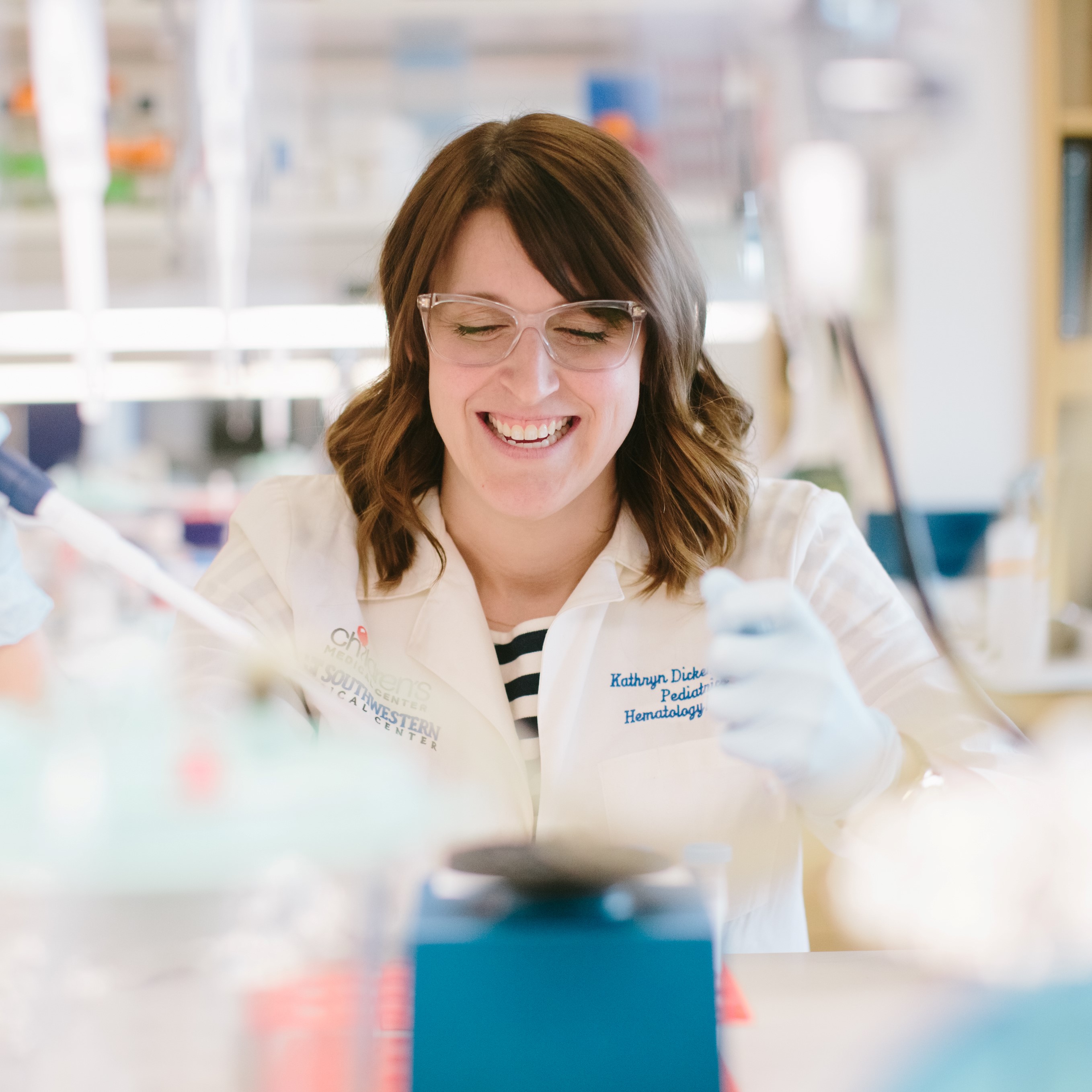
In this Q&A, Dr. Batley discusses Elevidys, its benefits and risks, exciting results and future research for DMD treatment.
Historically, treatment for Duchenne muscular dystrophy (DMD) has primarily focused on use of corticosteroids to reduce inflammation and slow progression of muscle weakness and respiratory decline. However, long-term use of corticosteroids has significant side effects.
Newer exon-skipping therapies can help the body produce more functional dystrophin protein to maintain muscle strength and function, but they require weekly intravenous infusions and are only available for a subset of patients.
A new, game-changing approach for children with DMD is now available at select locations across the U.S. The FDA issued accelerated approval for the gene replacement therapy Elevidys in June 2023 after early studies showed that patients who received the treatment showed a significant increase in dystrophin in their muscle tissue.
“The preliminary data shows that just one dose of Elevidys can increase dystrophin production, which we expect to reduce the potentially devastating impact this disease can have on patients and their families,” said Kaitlin Young Batley, M.D., Pediatric Neurologist at Children’s Health and Assistant Professor at UT Southwestern. “Our Neuromuscular Disease Program at Children’s Medical Center Dallas, part of Children’s HealthSM is one of a few places in the U.S. approved to provide Elevidys to young boys with DMD.”
In this Q&A, Dr. Batley shares how Elevidys works, discusses its benefits and results, and what’s next in research for DMD treatment.
How does Elevidys gene replacement therapy work?
Elevidys uses a viral vector to deliver genetic material to targeted skeletal and cardiac muscles. This genetic material enables the body to make a condensed form of the dystrophin protein that helps maintain muscle strength and function.
The medication is administered via an IV infusion that takes about an hour. It is currently approved for boys ages 4 and 5 who have had genetic confirmation of the DMD gene and are still ambulatory.
How does Elevidys compare to other drug classes available or in trial?
Elevidys could potentially improve the trajectory of the disease. It provides a bigger boost in production of dystrophin, which may lead to improvement in muscle strength. One of the biggest differences is that it only requires one dose, rather than ongoing treatment.
Why is early diagnosis of DMD so important?
Given the current age restrictions for Elevidys, it’s critical to diagnose DMD early.
Family history is a common predictor of DMD. Other early signs to look for include:
- Large calves
- Delays in sitting or standing
- Toe walking
- Repeated falling
- A waddling gait
- Difficulty climbing stairs or rising from a sitting position.
If you suspect DMD, you can help make a diagnosis by:
- Checking creatine kinase level in the blood
- Undergoing confirmatory genetic testing
What are the phase 3 clinical trial results of Elevidys?
The children in the phase 3 trial of Elevidys saw improvement from their baseline on functional skills measured by the North Star Ambulatory Assessment. These skills include time to rise from the floor, stride velocity, mobility and upper limb function.
In our clinic, our patients’ parents reported that their children were running and playing in ways they hadn’t been able to before.
What are the risks of Elevidys and how is Children’s Health mitigating them?
Elevidys can cause inflammation throughout the body, as part of the immune response to the viral vector used in the medication. This can lead to various side effects. We conduct regular blood draws to closely monitor a child’s health so we can immediately act on anything concerning.
Our team of multidisciplinary specialists includes hepatologists who specialize in how gene therapy affects the liver and cardiologists with clinical focus in neuromuscular heart disease. We also collaborate with immunologists and nephrologists to provide the best multidisciplinary care.
What’s next in Elevidys research and other DMD treatments?
It’s an exciting time for DMD research. Children's Health has another clinical trial underway called the AFFINITY trial. This trial is investigating another therapy, RGX-202, in ambulatory patients up to age 11.
Another exciting development is the FDA approval of vamorolone. Studies found that this new corticosteroid caused fewer adverse events related to bone health, growth trajectory and behavior then current standard-of-care corticosteroids.
Several exon-skipping therapies are also in trial in order to bring this technology to more boys affected by DMD. These therapies work by “skipping” over a portion of genetic material in the DMD gene to help the body produce a more functional dystrophin protein.
What makes Children’s Health Neurosciences and the Duchenne Muscular Dystrophy (DMD) Program unique?
We have one of the largest neuromuscular medicine programs in the United States. Our team is devoted to research and participates in many clinical trials while also providing the highest level of clinical care. We are a Muscular Dystrophy Care Center and the only DMD Clinic in Texas certified by Parent Project Muscular Dystrophy (PPMD).
As one of the first few locations in the country able to provide Elevidys, we are excited to help shape a future where DMD is a much less devastating disease.
Tune in with Dr. Batley on a recent podcast interview where she shares more about DMD and how Elevidys is being used to combat this disease.
Learn more about innovative care for children with Duchenne Muscular Dystrophy.
